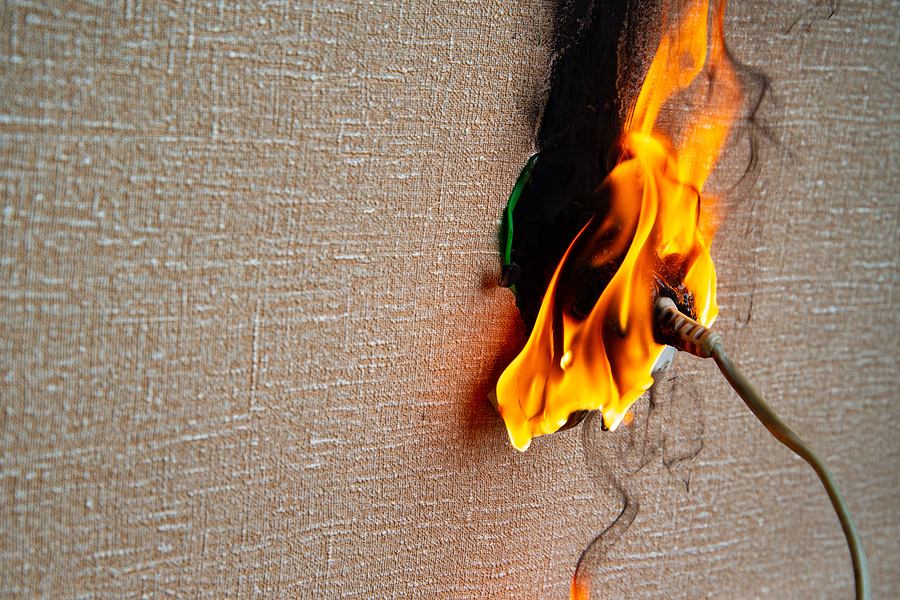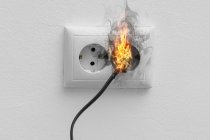Signs of an Overloaded Electrical Circuit

August 19, 2025
Signs of an Overloaded Electrical Circuit
Electrical overload can be a serious safety concern. Thankfully, identifying an overloaded circuit early can save you from potential hazards like electrical fires. At Neighborhood Electric, we offer a wide selection of reliable services for our local clients including circuit breaker repair. Our team has seen firsthand what kind of issues can arise when a circuit is overloaded, and we want you to avoid trouble. Keep reading to find out why electrical overloading is a concern, how to recognize the signs, and what steps you can take to prevent it.
The Risks of Circuit Overload
Electrical overloading poses a triple threat: immediate inconvenience, potential damage to your appliances, and long-term safety hazards. When too many devices draw power from the same circuit, the system can become stressed, causing fuses to blow or circuit breakers to trip. The cumulative stress on the circuit over time also worsens its overall health. This is the circuit's way of saying, "I need a break!" Ignoring this warning can result in a dangerous scenario, such as an electrical fire.
Spotting the Telltale Signs of Circuit Overwork
Knowing what to look out for can make a big difference. Here are some common signs that your circuit might be overloaded:
- Frequent Power Outages: If your circuit breaker is tripping often, it's a strong signal that your circuit is overloaded.
- Dimming or Flickering Lights: When appliances like a washer or air conditioner are in use, other lights on the same circuit may dim or flicker.
- Hot Plugs and Outlets: If plugs or switch plates are warm to the touch or discolored, this may indicate an issue.
- Burning Smell: A pungent smell coming from electrical outlets is a serious warning sign.
- Buzzing Sounds: An intermittent or constant buzzing sound from the electrical panel is also a red flag you shouldn't ignore.
- Appliances Running Below Full Power: You may also notice that some appliances take longer to start or perform tasks. If your devices don't seem to operate at their optimal level, it may be because they're not receiving enough electricity.
Solutions and Prevention: Staying Ahead of Circuit Overload
Taking preventive measures can keep your circuits healthy and your home safe. Here are some tips:
- Distribute Devices Evenly: Avoid plugging multiple high-wattage appliances into the same circuit.
- Upgrade Your Electrical Panel: An outdated panel may not be able to handle the electrical load of modern appliances. A circuit breaker repair or replacement may be necessary.
- Install Additional Circuits: If your needs exceed your electrical system's capabilities, it may be time for an upgrade.
- Unplug Unused Appliances: Make it a habit to unplug devices that aren't in use.
- Consult an Electrician: If you're unsure about your electrical system's health, it’s always best to get expert advice.
Do You Need an Electrical Repair Service?
Ignoring the signs of an overloaded circuit can lead to severe consequences, ranging from damaged appliances to dangerous electrical fires. If you’re concerned about circuit overload in your property, call Neighborhood Electric. We’ll help you find the best long-term solutions. Contact our office for more information about our electrical repair service or to schedule a convenient appointment with a qualified electrician in your neighborhood.








